Bombshell hush money scandal: Parliament House researcher asked to sign NDA over rape and bullying claims
A Parliament House researcher was twice asked to sign non disclosure agreements over claims she was discriminated against when she disclosed her rape as a young woman, Sky News can reveal.
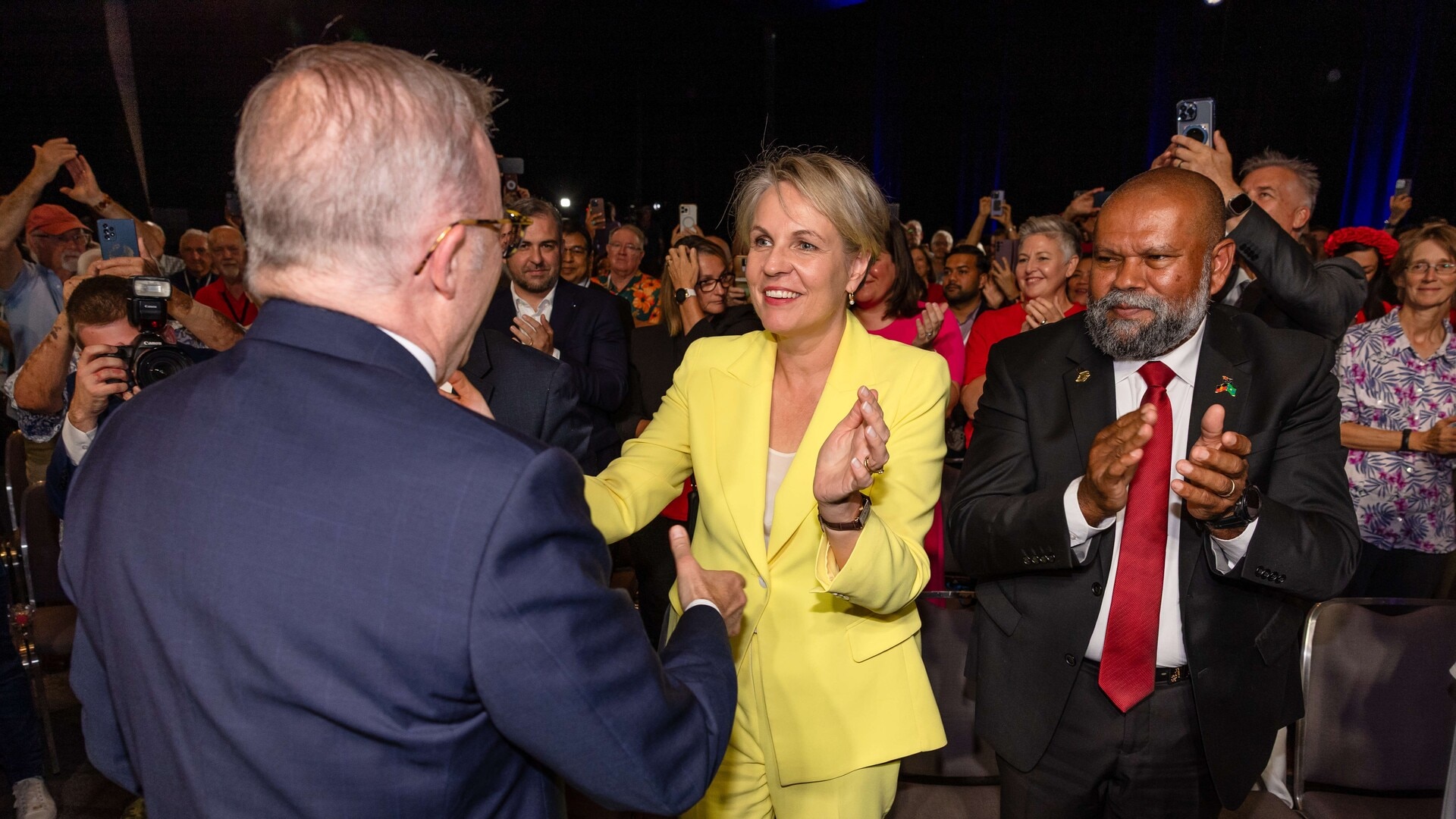
A Parliament House researcher was twice asked to sign a confidentiality agreement by the Albanese Government over allegations she was discriminated against and bullied when she disclosed how she was allegedly raped as a young woman in politics.
Anna Hough, 46, a mother of three, received legal letters from the Australian Government Solicitor, within Attorney-General Mark Dreyfus’ department, offering her a low-ball sum of money and asking her to sign NDAs.
This is despite his public insistence that the Albanese Government would never demand a sexual assault victim sign non-disclosure clauses to keep their claim of assault or harassment secret.
And Finance Minister Katy Gallagher, who weaponised the treatment of women against the Morrison Government, allegedly declined to meet with the public servant and long-term Community and Public Sector Union (CPSU) member and delegate.
Ms Hough - a Parliamentary Library researcher whose work contributed to Sex Discrimination Commissioner Kate Jenkins’ ‘Set the Standard’ report - disclosed alleged sexual assaults, including rape, from April 2000 to May 2001, after Brittany Higgins went public during the MeToo era.
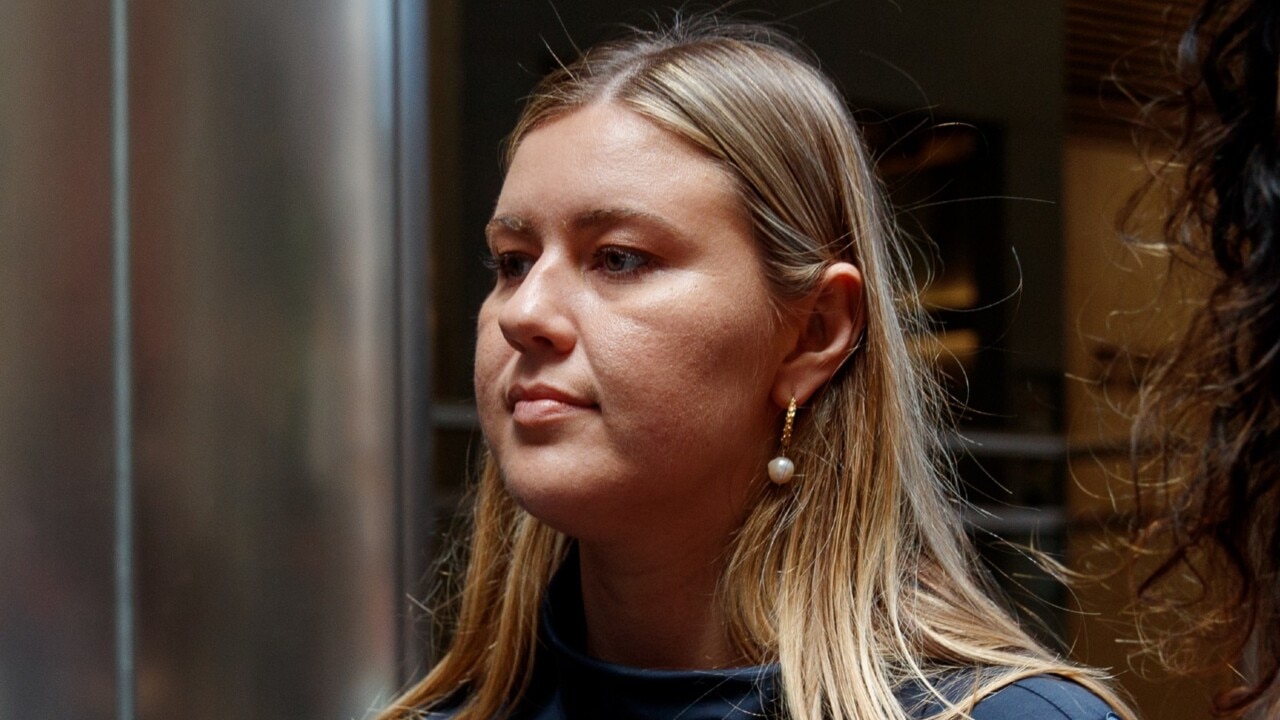
But when she made the disclosure to her superiors at the Department of Parliamentary Services, she claims she was discriminated against and bullied.

Her claims include warnings that her colleagues would question her professionalism and abilities; that she was denied an interview for a promotion, was denied access to leave, was pressured to step down from a higher duties role and was asked when she would be “back to normal”.
In September 2023, Ms Hough lodged a legal claim against the Commonwealth Government, that covered both the sexual assaults and the recent workplace bullying and discrimination following her disclosure.
Since then, she says that she has faced repeated pressure to sign confidentiality agreements and been given low-ball settlement offers.
While Ms Higgins was paid more than $2 million and her case was raised by Labor politicians in parliament on a daily basis, Ms Hough was offered a small fraction of that amount and she was asked, twice, to sign a confidentiality agreement by the Australian Government Solicitor.
Ms Hough said her motivation in coming forward is transparency, accountability, justice, genuine reform and fair compensation.
“I’m continuing to pursue a resolution that reflects not just the harm I’ve experienced but the principle that all survivors deserve justice — regardless of their profile, role, or the media attention their case attracts,” she said.
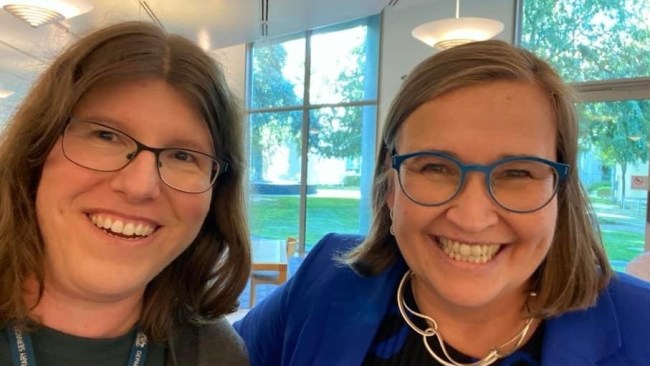
“I’ve been silenced for too long.
“Given the ALP’s response to an alleged Parliament House rape cover up last election, the hypocrisy on display in their treatment of me, particularly in trying to silence me, is quite something.”
Hough has had political party memberships with the Democrats, the ALP and the Greens in her younger years, but she has never been a member of the Liberal Party and has not had an affiliation with a political party since 2012.
THE ALLEGED RAPE
Anna Hough was a 21-year-old university student working as a volunteer for the Democrats political party, embarking on her dream career, when she says she was sexually assaulted multiple times by a political staffer between April 2000 and May 2001.
“Those assaults included rape,” she said.
"At the time, I was politically ambitious and hoping for paid work in that office, or the office of another politician from the same party - that was my dream job.

“The power imbalance, combined with a total lack of reporting mechanisms and a culture of silence, made it impossible for me to speak up.
“When I sought help outside the party after the first assault, I was made to feel that it was my fault. No one suggested I report the assault, seek counselling, or speak to police.
“When further assaults followed, I stayed silent—because I believed no one would help me.
“Although I didn’t report the assaults formally at the time, I disclosed them to a few people outside the party.”
While she told several individuals close to her, Ms Hough said she carried the trauma alone for 21 years.
The sexual assaults, as a young woman, influenced her career path. She worked at the Department of Finance improving safety for political staffers and, as a researcher in the Parliamentary Library, her work contributed to the Jenkins’ Set the Standard report.
THE DISCLOSURE
Misconduct at Parliament House took centre stage in the national conversation during the MeToo era of 2021.
There were political marches on the lawns of Parliament House and an uprising of women around the country.
Liberal staffer Brittany Higgins was celebrated for speaking up about her rape in Parliament House.
She had the full support of the Labor party, whose MPs and Senators aggressively interrogated Morrison Government ministers about their handling of her case and the support she was given.
It was in this climate that Ms Hough, a married mother of three and a parliamentary staffer since 2016, said her past trauma resurfaced.
“I began experiencing PTSD symptoms. I disclosed what I was going through to two DPS (Department of Parliamentary Services) managers in late 2021.
“They offered no support. Not once in the following 18 months did either manager ask if I was okay.
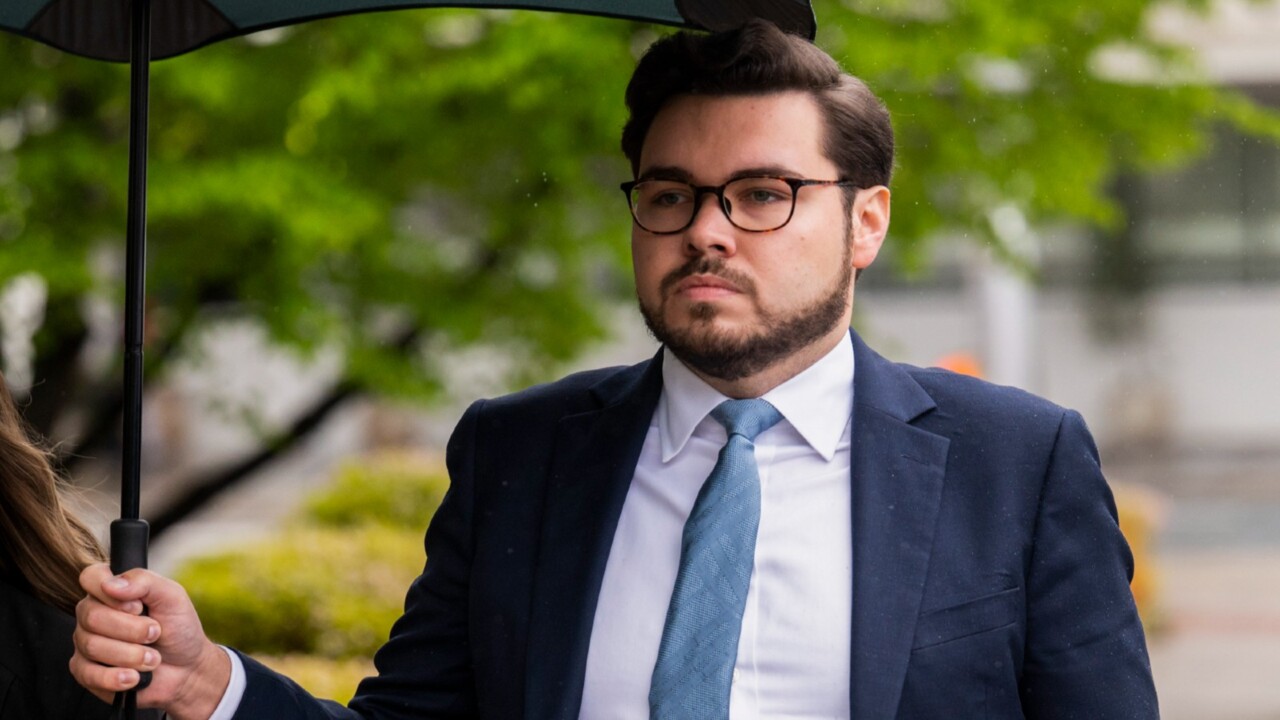
“Instead of being supported, I was pressured to step down from a more senior acting role, denied a promotion, and treated as a burden. The bullying and discrimination I faced at DPS were re-traumatising.”
This mistreatment led Ms Hough to resign from the Department of Parliamentary Services in April 2023 - 11 months into the new Albanese Government.
Five months later, she filed a legal claim against the Commonwealth for both the ‘historical’ sexual assaults and the mistreatment when she disclosed her experience.
THE COVER-UP
Attorney-General Mark Dreyfus has vehemently denied the Albanese Government has asked any victims to stay silent with the use of non-disclosure agreements or confidentiality clauses.
He has unequivocally said that his approach is consistent with the recommendations of Kate Jenkins’ Respect at Work report.
“On becoming Attorney-General in June 2022 I directed that the Commonwealth comply with the Guidelines on the Use of Confidentiality Clauses in the Resolution of Workplace Sexual Harassment Complaints in the settlement of sexual harassment or sexual assault cases,” he said in a statement published in The Canberra Times in November 2024.
“This included directing the Commonwealth to not seek confidentiality over the details of the claim or the fact of the settlement - unless this is sought by the person bringing the claim.
“Let me be clear, while I am Attorney-General the only circumstances under which the existence of a sexual assault or sexual harassment claim will be kept confidential is if the claimant seeks to keep the settlement confidential.”
Yet, as part of her negotiation with the Commonwealth, Ms Hough claims she was twice asked to sign strict confidentiality agreements.
She was sent a legal letter on 25th June, 2024 from the Australian Government Solicitor offering her a modest sum of money in return for confidentiality obligations.
This would have meant Ms Hough would have been limited in how she could speak about her experience and how she was treated when she disclosed her sexual assault as an employee for the Department of Parliamentary Services.
She would not have been able to tell her full story.
She was then given another offer of a sum of money in 26th July, 2024, again with the requirement of a confidentiality clause.
It was only when her lawyers pushed back, with media pressure about the use of NDAs and questions by Greens Senator Larissa Waters in Senate Estimates in November 2024, that the confidentiality requirement was dropped.
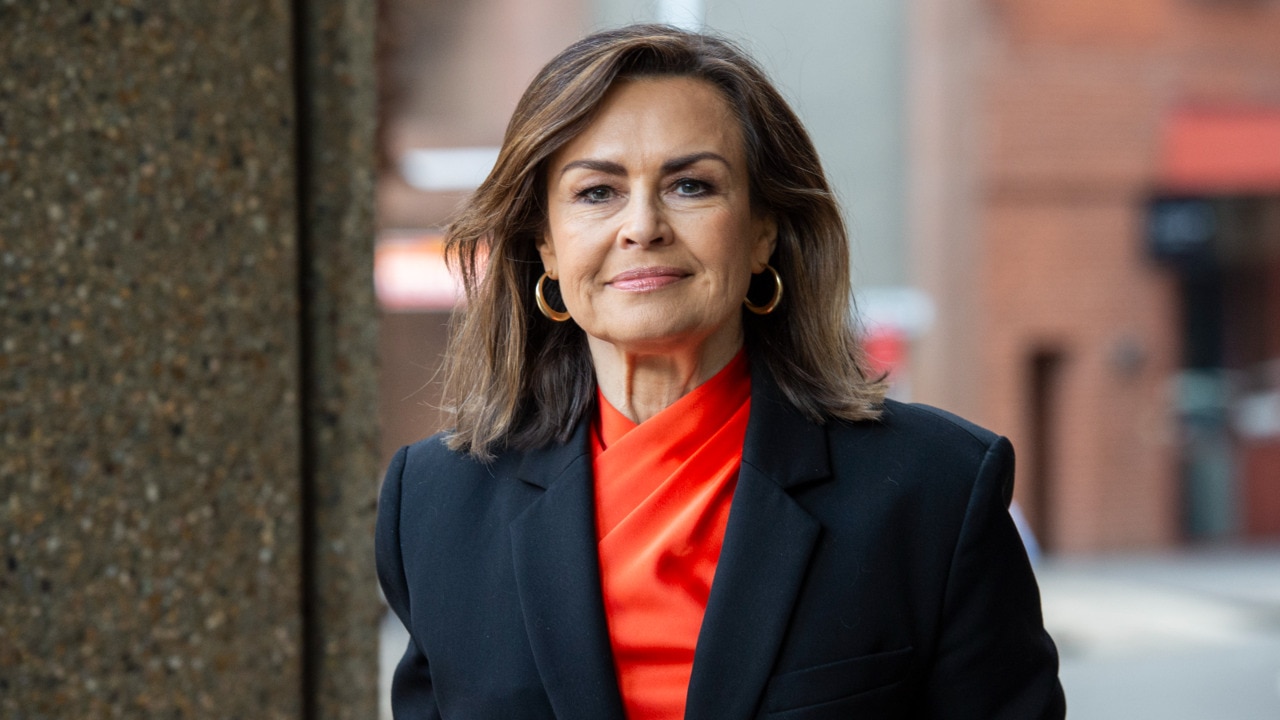
Ms Hough’s lawyers strongly objected to the non-disclosure requirement in a letter sent to the Attorney-General's Department last month.
On March 6th 2025, Ms Hough’s lawyers stated in their letter:
“The AGS has failed to comply with the Attorney-General’s Direction (in particular, not to seek any level of confidentiality in sexual harassment and sexual assault matters unless requested by the claimant).
“More generally the AGS has failed to comply with other aspects of the relevant Australian Human Rights commission’s Guidelines on the use of confidentiality clauses, including being trauma-informed when dealing with victim/survivors of sexual harassment and sexual assault.”
Sky News asked Mr Dreyfus why the Australian Government Solicitor had failed to comply with his direction on confidentiality provisions, and whether he was disappointed that a sexual assault victim was twice asked to sign a confidentiality agreement.
He did not respond but a spokesman for his department said: “It would not be appropriate to comment on any ongoing legal matter.”
“There is no instance since June 2022 where the Attorney-General or delegate has approved settlement terms in a workplace sexual harassment or sexual assault matter that are inconsistent with the Guidelines on the Use of Confidentiality Clauses in the Resolution of Workplace Sexual Harassment Complaints, or the Attorney-General’s statement in the Canberra Times dated 9 November 2024.”
HYPOCRISY
Senator Katy Gallagher met with Brittany Higgins’ then-boyfriend David Sharaz several days before her story was first published.
Gallagher also reportedly reviewed a transcript of Ms Higgins' interview with Channel Ten’s The Project prior to its broadcast.
But Ms Hough said she was unable to organise a meeting with Senator Gallagher, despite her long-service with the Department of Parliamentary Services, her work focusing on women’s issues and her membership with the CPSU.
Ms Hough said she remains open to meeting with Senator Gallagher - or with any other federal politician - to discuss ways that the safety of parliamentary workplaces can be improved.
Senator Gallagher's spokesman said: "We have not received such a request.”
WHY PUBLIC, WHY NOW
Ms Hough has been fighting the Attorney-General’s department with her legal claim for 19 months, to no avail.
She said the parliamentary workplace reforms are little more than window dressing.

"When the Set the Standard report was released in 2021, the Sex Discrimination Commissioner Kate Jenkins said victims should not have to go to the media in order to achieve accountability. My experience proves that apparently they still do,” she said.
Ms Hough said she’s also aware that other victims are being pressured to accept inadequate settlements and also sign confidentiality agreements.
“I want transparency. I want accountability. I want fair compensation—not just for me, but for everyone who’s been abused in a parliamentary workplace, or in any other Australian workplace.
“When I was raped, the message was that I didn’t matter.
“When I was bullied and discriminated against after disclosing my trauma, the message was that I didn’t matter.
“When I sought justice and was told my pain was worth a small fraction of someone else’s, the message was that I didn’t matter.
“My message to the government is this:
"I do matter. Other victims matter. Equality before the law matters.
“And I refuse to be treated as a second-class victim for one day longer.”
By ANNA HOUGH
Twenty-five years ago, I experienced traumatic events that changed the course of my life.
Since 2023, I’ve been fighting for justice behind the scenes.
Today, I’m making that fight public.
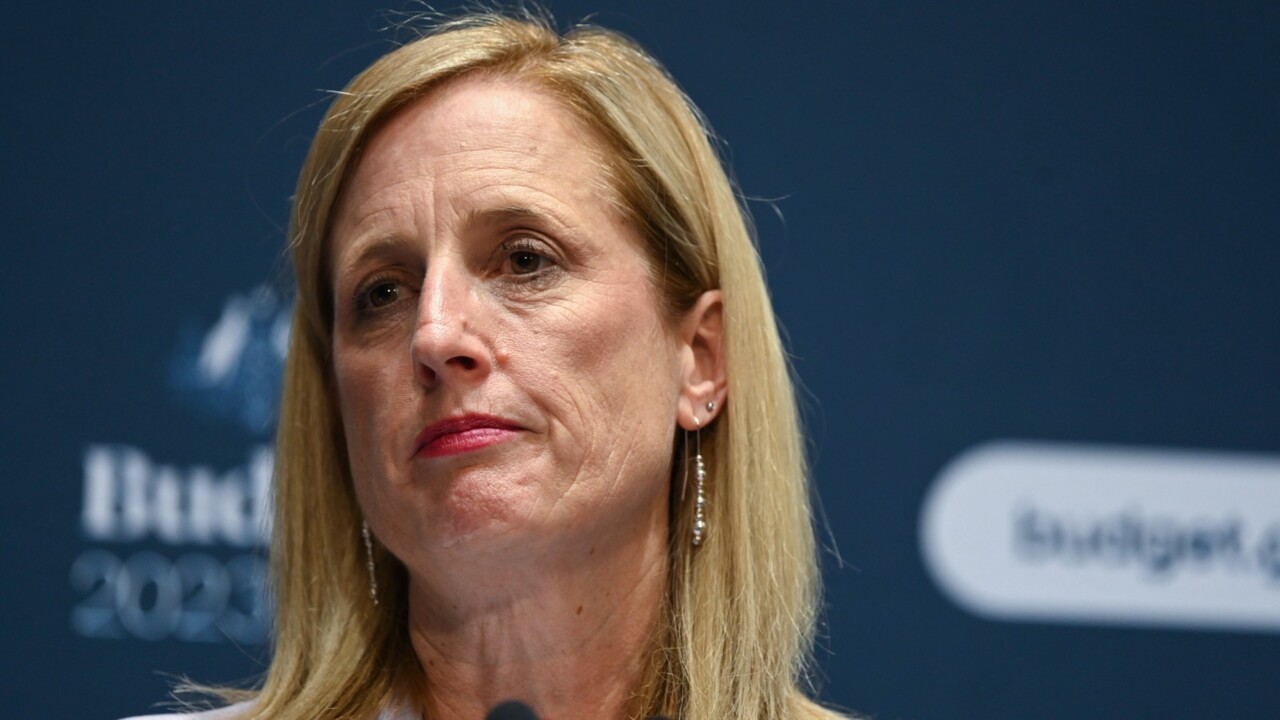
In 2000 and 2001, as a university student volunteering in the office of an Australian Democrats senator, I was raped and sexually assaulted by a political staffer.
When I sought help outside the party after the first assault, I was made to feel that it was my fault.
No one suggested I report the assault, seek counselling, or speak to police.
When further assaults followed, I stayed silent—because I believed no one in a position of authority would help me.
For 21 years, I carried the trauma alone.
My dream of working in politics was destroyed.
Instead, I built a career in the public service—including at the Department of Finance, where I worked to improve safety for political staffers, knowing first-hand how dangerous those workplaces could be.
In 2016, I joined the Department of Parliamentary Services (DPS) at Parliament House.
I was awarded my role based on merit, including recognition of my extensive public sector experience, relevant expertise and post graduate qualifications.
For me, that role felt like coming full circle: after everything I had been through, I was finally working inside the institution I’d once dreamed of joining.
But in 2021, when national attention turned to misconduct at Parliament House, my past trauma resurfaced.
I began experiencing PTSD symptoms. I disclosed what I was going through to two DPS managers in late 2021.
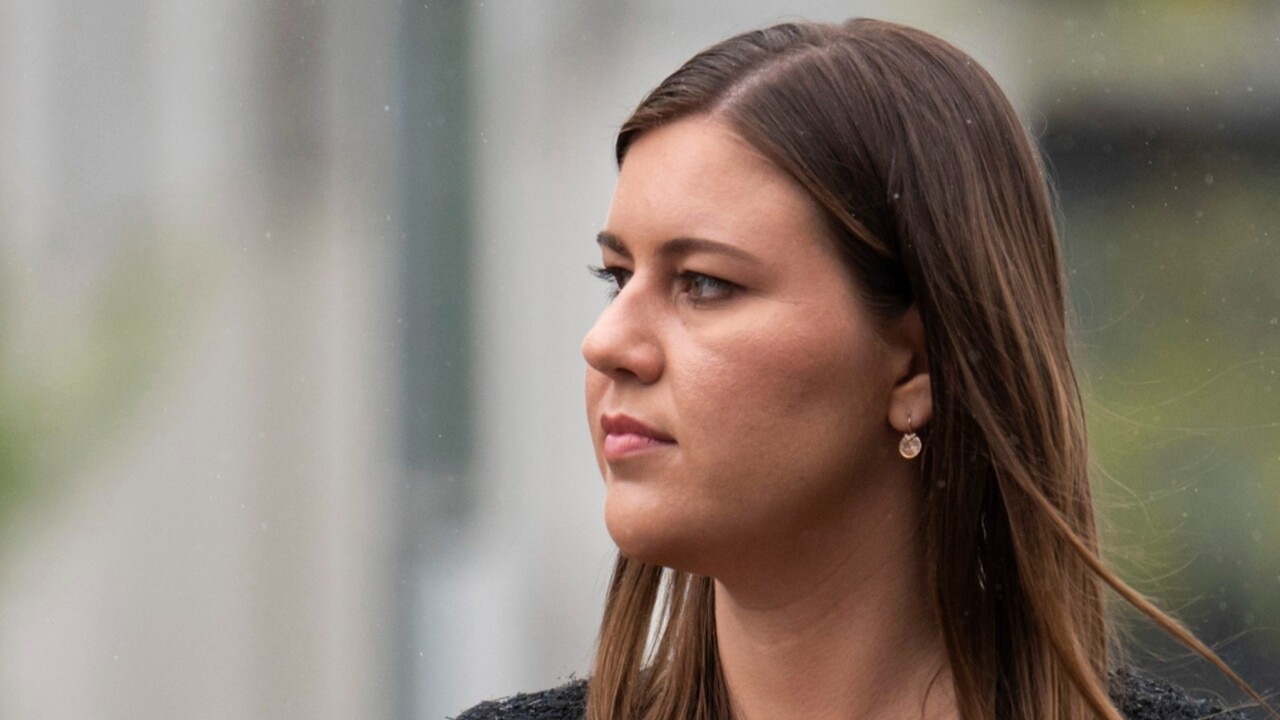
At that time, with an atmosphere of cautious optimism around parliamentary workplace reform, I felt hopeful that I would be listened to and provided with appropriate support.
Those hopes were, sadly, misplaced.
My workplace offered me no support.
Not once in the following 18 months did either manager ask if I was okay.
Instead of being supported, I was pressured to step down from a more senior acting role, denied a promotion, and treated as a burden.
The bullying and discrimination I faced at DPS were deeply re-traumatising.
Given the way I had been treated, it became unbearable for me to continue to work for DPS.
I felt I had no other choice but to leave, and I did so in April 2023.
In September, I initiated a legal claim against the Commonwealth, addressing both the ‘historical’ sexual assaults and my more recent mistreatment.
Over 19 months later, my claim remains unresolved. I have faced ongoing delays and uncertainty.
The Commonwealth has claimed to act as a model litigant. It claims to be trauma-informed.
But the way it has handled my claim has only added to my suffering.
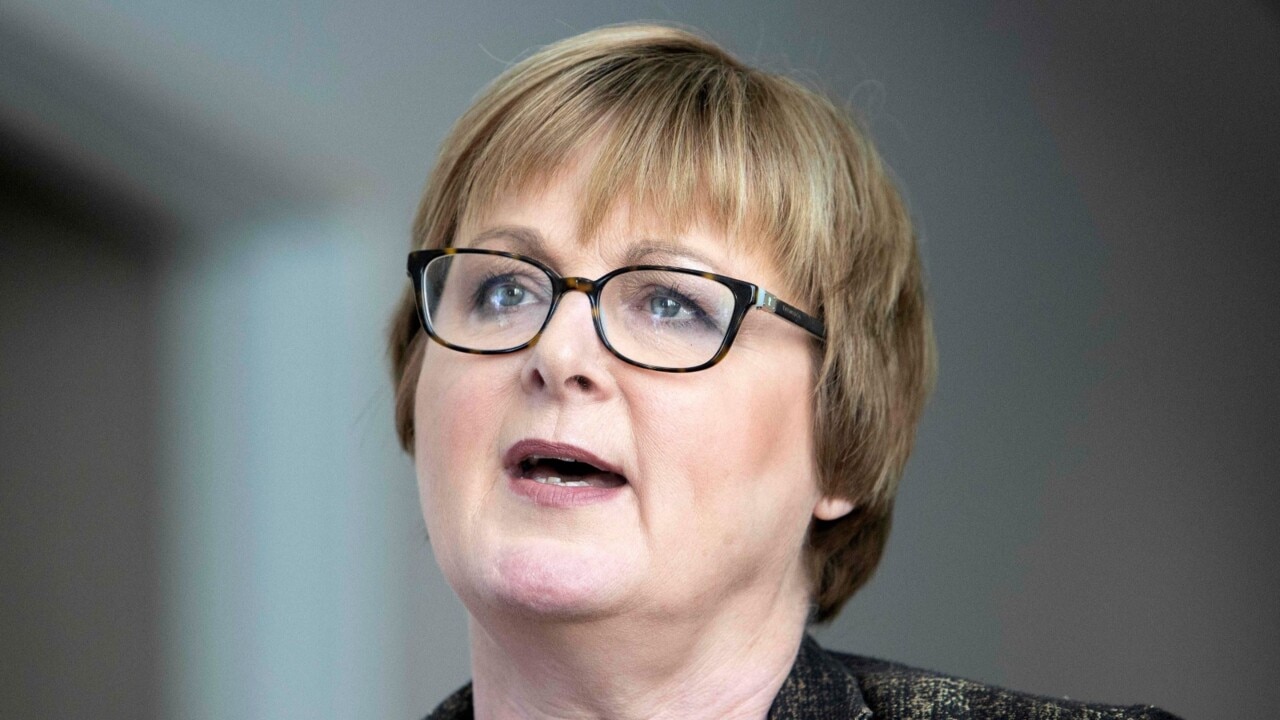
Despite evidence, documentation, and the clear severity of what I experienced, I’ve been offered only a tiny fraction of what’s been offered to high profile survivors of similar mistreatment in parliamentary workplaces.
I have been treated as a second-class victim.
I want to be clear.
Putting a price on trauma is difficult, bordering on impossible.
There are years of my life that I will never get back. But I am not seeking $2 million, or $1 million.
What I am asking for is timely justice, and proper recognition for the undue loss, hurt and humiliation I have suffered.
I am tired of insulting offers and never-ending delays.
I want to be able to move on with my life.
But to settle now would be to accept that I matter less, purely because of who I worked for.
And I won’t do that.
I have also been pressured to sign strict confidentiality agreements, against my wishes, twice.
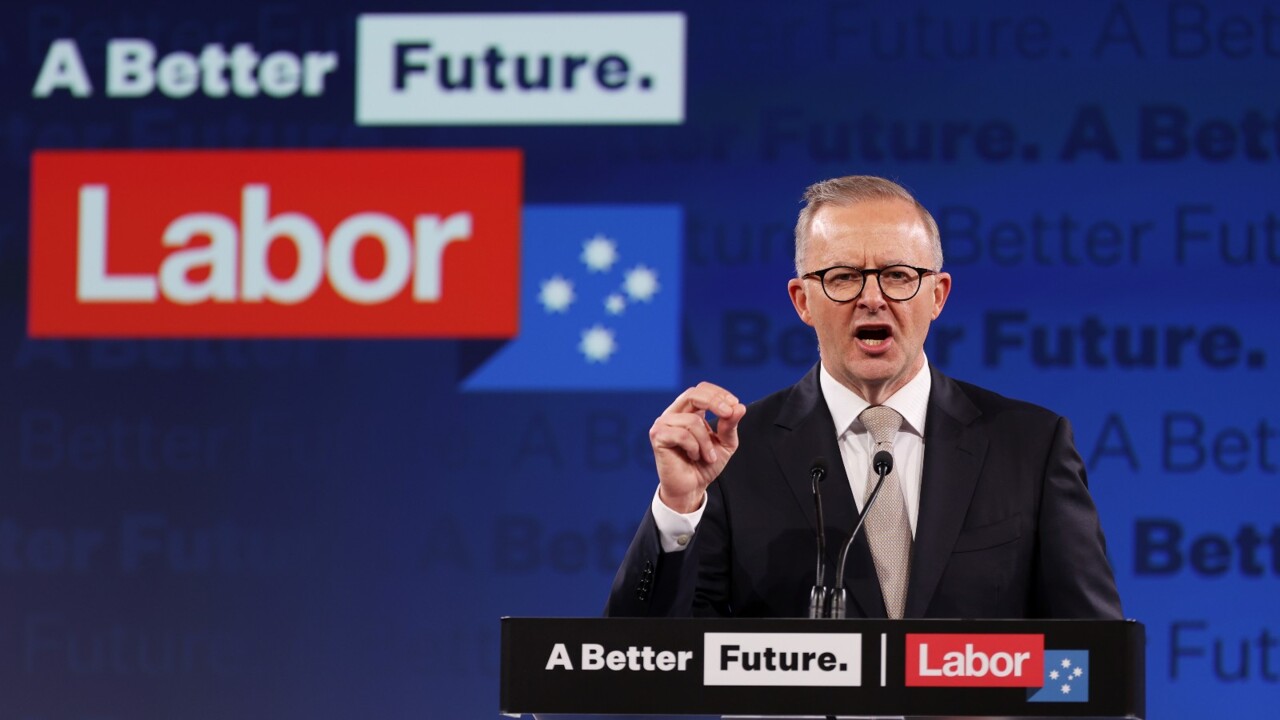
They were only removed after questions were raised in Senate Estimates and the media took an interest.
The Attorney-General wrote to the Canberra Times last November claiming that the only circumstances under which the existence of a sexual assault or harassment claim will be kept confidential is if the claimant asks that to be the case.
That is not true.
The Albanese government says it supports women, workers, and survivors.
But I ask: which ones?
Political staffers whose stories serve a political purpose?
Or ordinary workers, including union members, like me—who are easier to ignore?
I’ve been a CPSU member since 2004 and a union delegate since 2021.
I’ve sought a meeting with Minister Katy Gallagher—the minister responsible for implementing the Set the Standard reforms—to discuss further reforms.
She has, inexplicably and disappointingly, refused to meet with me.
Before entering politics, she worked for the CPSU.
When the Set the Standard report was released in 2021, the Sex Discrimination Commissioner Kate Jenkins said victims should not have to go to the media in order to achieve accountability.
My experience proves that apparently they still do.
I am speaking out now because there has been no accountability for those who mistreated me when I came forward.
I requested code of conduct investigations into two DPS managers 19 months ago.
As far as I know, nothing has happened.
Parliamentary workplace reforms have, as Jo Tarnawsky has said, amounted to little more than “window dressing.” It seems the only parliamentary workplace safety some politicians care about is the safety of their own jobs.
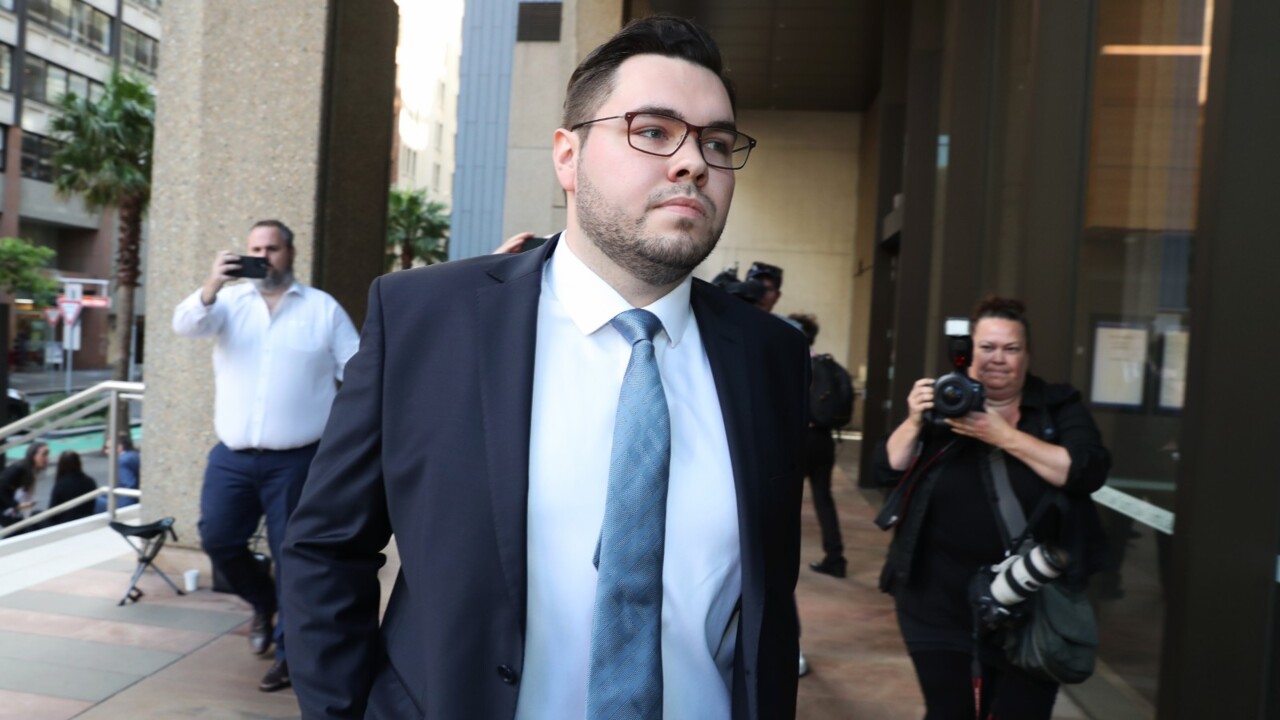
Political and parliamentary staff still contact me regularly, seeking help and support.
Parliamentary department staff are treated as second-class citizens without proper protections.
I am aware that other victims are still being pressured to accept inadequate settlements and NDAs.
The Attorney-General has publicly denied something that I—and others—have experienced.
There is no redress scheme for victims of abuse in Commonwealth parliamentary workplaces.
Without one, survivors who cannot find legal representation - or whose physical and mental health are such that they are not in a position to go through a stressful legal process - are left with few real options for justice.
I want transparency.
I want accountability.
I want fair compensation—not just for me, but for everyone who’s been abused in a parliamentary workplace, or in any other Australian workplace.
When I was raped, the message was that I didn’t matter.

When I was bullied and discriminated against after disclosing my trauma, the message was that I didn’t matter.
When I sought justice and was told my pain was worth a small fraction of someone else’s, the message was that I didn’t matter.
My message to the government is this: I do matter.
Other victims matter.
Equality before the law matters.
And I refuse to be treated as a second-class victim for one day longer.